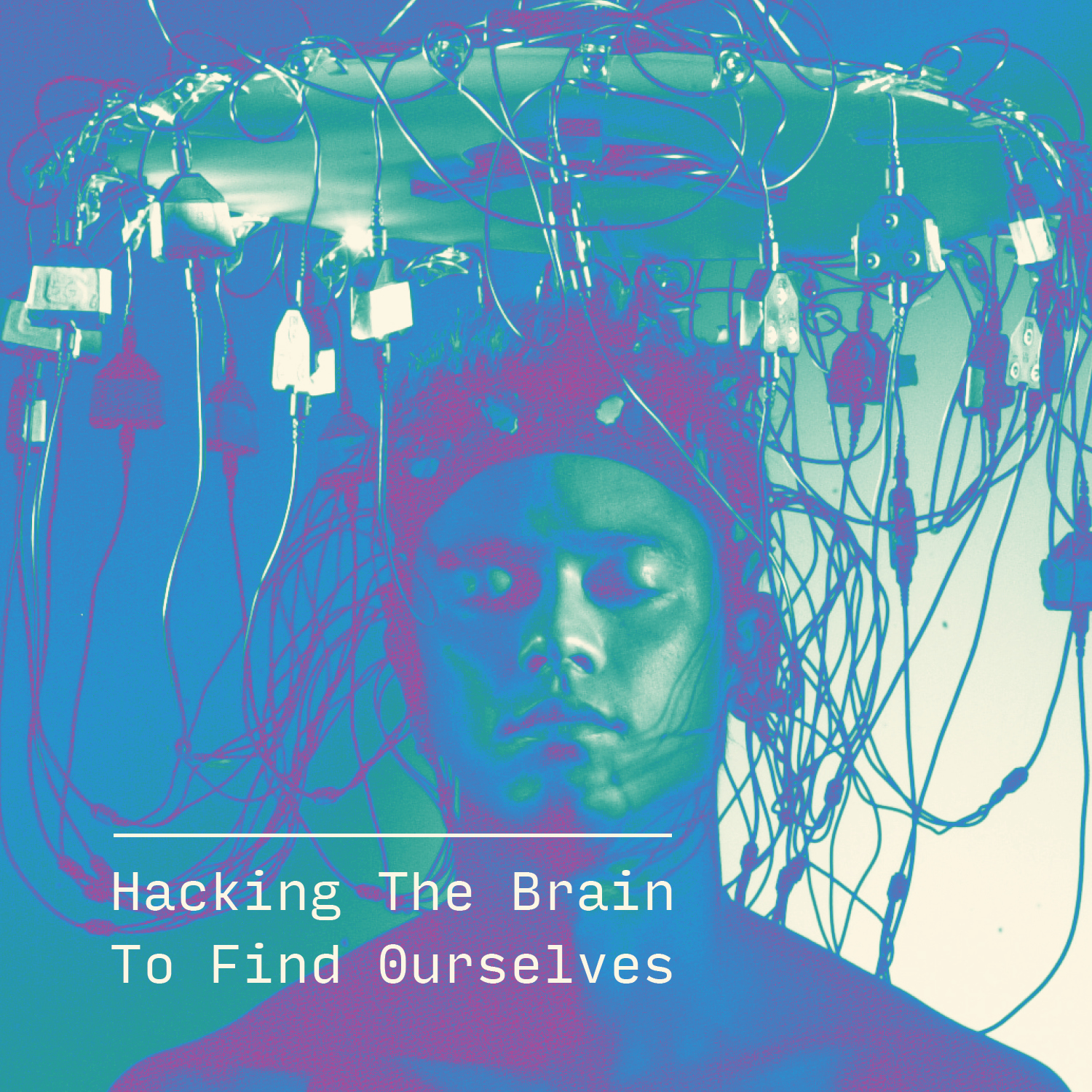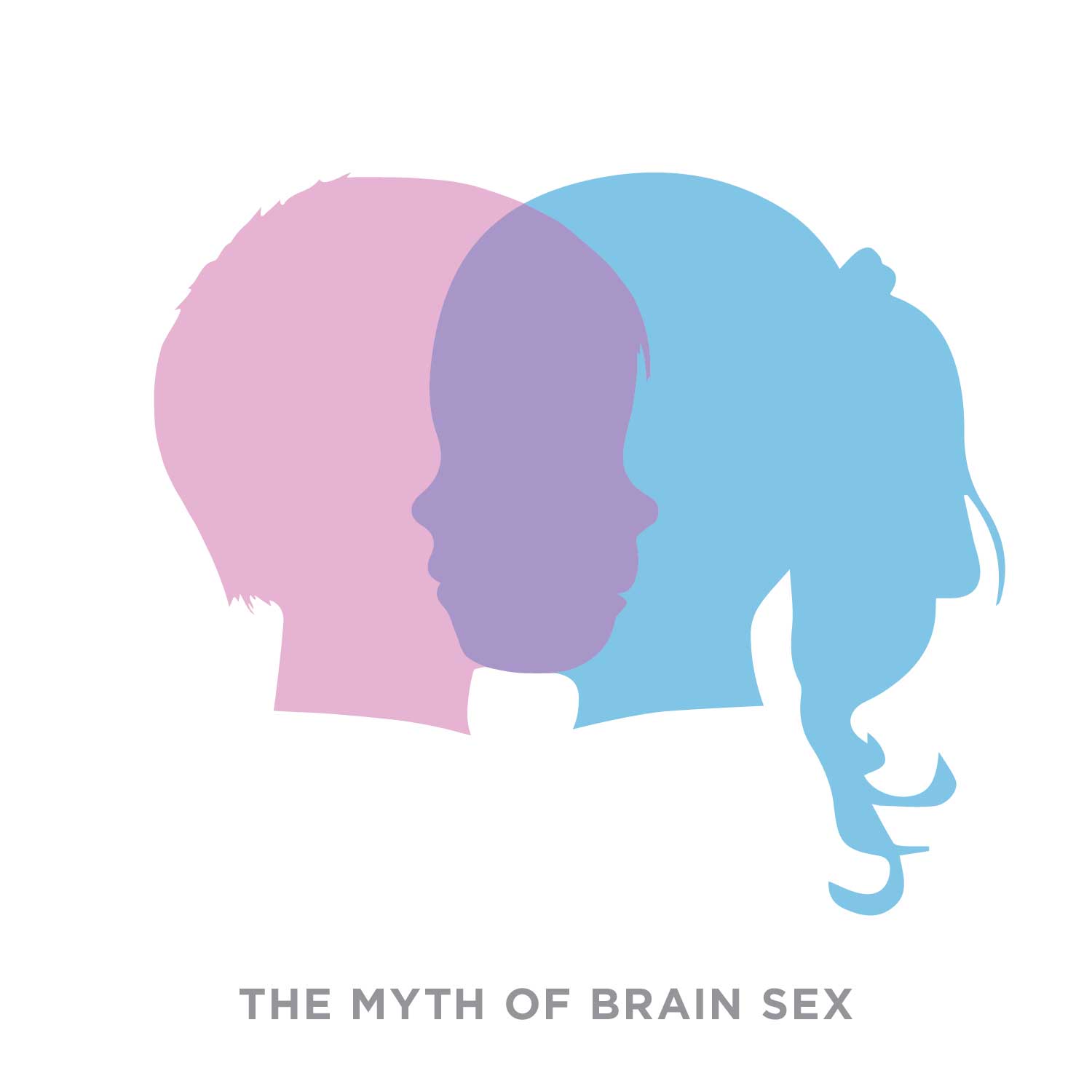
The brain is what allows us to function, yet we understand little about how it works.
Using electrodes implanted inside people’s brains during surgery we can learn how thinking, deciding, feeling and dreaming works. In this talk, you will learn about the current neuroscience research about the way our neurons code our behavior, and how understanding this can help us grasp the nature of free will and our identity kernels. Continue reading “Hacking the Brain to Find Ourselves”

Running 26.2 miles.
The human body wasn’t exactly designed to accomplish this, let alone very easily.
The toll a marathon takes on a body cannot be taken lightly: the inflammatory storm caused in the body can wreak havoc, affecting myriad bodily functions. In order to achieve this feat of athleticism. one must prepare, with months of training and strategic planning. Continue reading “C2ST Speakeasy: “The Metabolism of a Marathon” with Kelly Kester”

In the past decade, we’ve heard a lot about the innate differences between males and females. So we’ve come to accept that boys can’t focus in a classroom and girls are obsessed with relationships: “That’s just the way they’re built.” Continue reading “The Myth of Brain Sex”

The Association for Women in Science (AWIS) is pleased to host a national dialogue on gender at the nexus of innovation and entrepreneurship with emphasis on the health and medical sciences sector. Building on the momentum generated from two previous Summits, the AWIS National Summit will center on how we, as a society, can fuel innovative solutions to global challenges facing all our citizens. Continue reading “A Roadmap For Inclusion”

Our Women in STEM: Connect is back! This year’s event will feature a lively panel discussion with Q&A, video shorts, and will be followed by networking. We welcome everyone, from women just contemplating a future in a science-related field to career veterans, and all those in between. Men are welcome to attend!
Continue reading “Women in STEM: Connect 2015”





